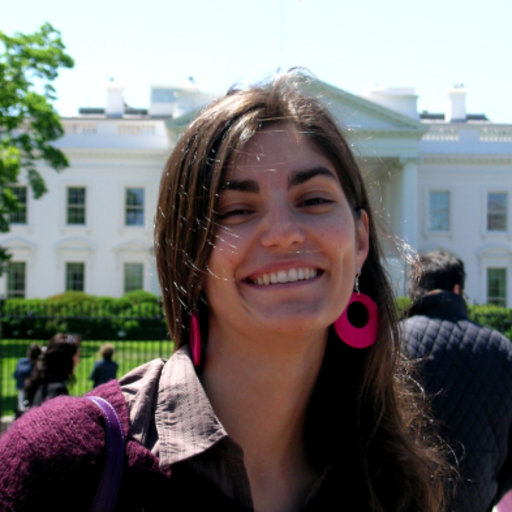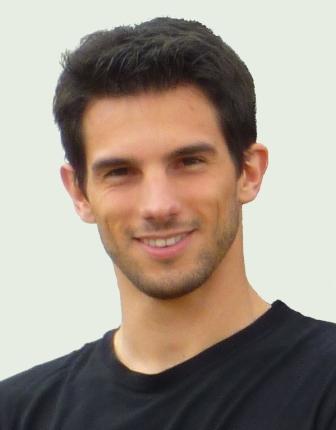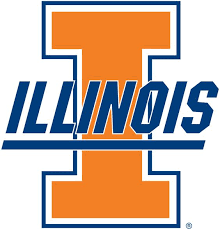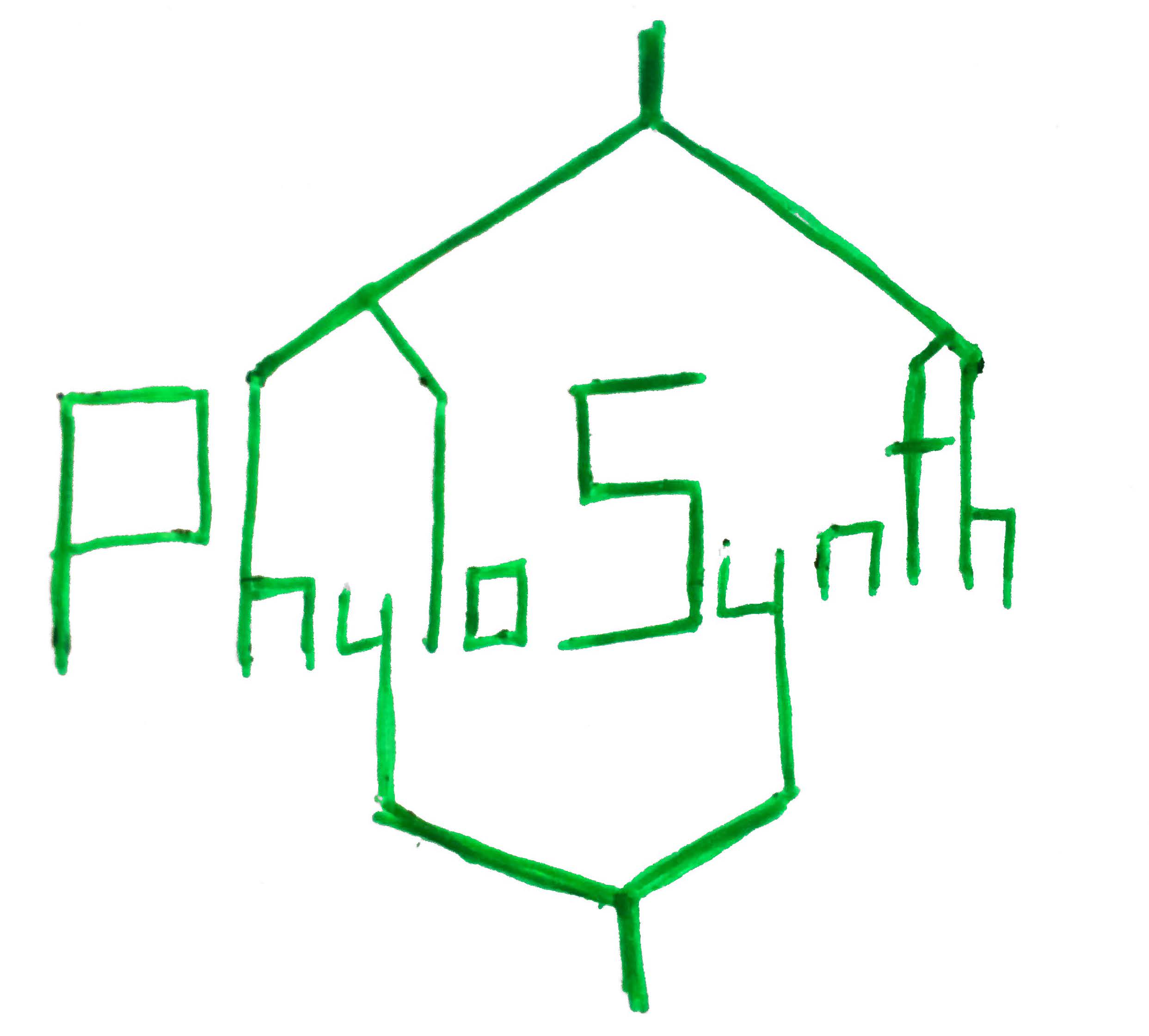|
2018 Phylogenomics Software Symposium
Institut des Sciences de l'Evolution - Montpellier August 17, 2018 1-6 PM 
|
Only ten seats left in the Symposium; if you wish to attend, please submit a registration form (see below) as quickly as possible!
Location: Louis Thaler room, Institut des Sciences de l'Evolution - Montpellier (ISEM), Université de Montpellier. ISEM is at the Université de Montpellier, Building 22, second floor, Place Eugène Bataillon. To reach the venue, take the tramway at the Corum station (where the Evolution meeting will be), follow the direction Mosson, and leave the tram at the station Université des Sciences et des Lettres. Then it's about 10 minutes walking distance. People leaving the tramway have to follow the rue du Truel (see map), but it's not the first street when you leave the tramway. You should walk straight during 2 minutes and you reach an iconic roundabout (it's like a big red donut with a red sausage on the top, in fact it's an artist who did that based on the binary code, 01...). The rue du Truel is near the roundabout (and to the right as you look at the donut), and the entrance to the campus is just 200m further. See Google Maps for the location, and this for more detailed information.
Hotels There are several options for hotels, but all require walking. There is no specific conference hotel.
Overview: The conference will include two sessions of invited talks and one session of contributed talks. The invited talks will describe recent breakthroughs in methods and software that address challenges in phylogenetics using large and heterogeneous sequence datasets. Contributed talks will describe advances in software, novel challenges, or discoveries made using new methods.
Preliminary Schedule
Downloadable ScheduleAbstracts
ASTRAL tutorial
- 1:00-1:10 PM: Opening remarks (Fabien Condamine, Lisa Pokorny, and Tandy Warnow)
- 1:10-2:30 PM: Algorithms for Phylogenomics (17 minutes per talk, 3 minutes Q&A)
- Carolin Kosiol (St. Andrews), IQ-TREE-PoMo: Polymorphism-aware tree estimation (PDF)
- Siavash Mirarab (University of California at San Diego), Coalescent-based species tree estimation (PDF)
- Erin Molloy (University of Illinois at Urbana-Champaign), Scaling species tree estimation methods to large datasets using NJMerge (PDF)
- Luay Nakhleh (Rice), Phylogenetic Network Estimation (PDF)
- 2:30-2:40: Break
- 2:40-3:40 PM: Algorithms for Multiple Sequence Alignment and Gene Tree
Estimation (17 minutes per talk, 3 minutes Q&A)
- Tandy Warnow (University of Illinois at Urbana-Champaign), Large-Scale Multiple Sequence Alignment (PDF)
- Mike Nute (University of Illinois at Urbana-Champaign), Benchmarking Bali-Phy (PDF)
- Eric Tannier (INRIA, University of Lyon), Treerecs with Seaview: gene tree inference from alignment to reconciliation, with a graphical interface (PDF)
- 3:40-4:10 PM: Coffee Break
- 4:10-5:30 PM: Contributed Talks (7 minutes per talk, 3 minutes for Q&A)
- Dominic Bennett (University of Gothenburg), supersmartR: Towards a modular pipeline for phylogenetic tree construction in the R language (PDF) (TALK CANCELLED)
- Nicola de Maio (European Bioinformatic Institute (EMBL-EBI)), BADTRIP: reconstructing transmission from within-host SNPs (PDF)
- Jan Kim (Kew Royal Botanic Gardens), High Throughput Multigene Phylogeny: Tools for Tackling the Plant and Fungal Trees of Life (PDF)
- Elise Lauterbur (Stony Brook University), OrthoCapture: Facilitating Gene Capture Probe Creation for Non-Model Organisms (PDF)
- Uyen Mai (UCSD) TreeShrink: Fast and Accurate Detection of Outlier Long Branches in Collections of Phylogenetic Trees (PDF)
- Benoit Morel (Heidelberg Institute for Theoretical Studies), ParGenes, an integrated tool for model selection and maximum likelihood (ML) based phylogenetic inference on thousands of independent MSAs on clusters and supercomputers (PDF)
- Sanna Olsson (Forest Research Centre (CIFOR) INIA, Madrid), Demographic history and molecular adaptation of the Pinus halepensis-brutia complex
- Lisa Pokorny (Kew Royal Botanic Gardens), Building the Plant Tree of Life: A Proof of Concept for Flowering Plant Families
- 5:30-6:00 PM: Discussion and Closing Remarks
Registration is required: Attendance is limited to 50 people, and so registration is required (and is first-come first-served). Please download the registration form, as soon as possible, if you wish to attend; send it to Tandy Warnow (warnow "at" illinois.edu), with subject: 2018 Phylogenomics Symposium Registration. If you do not receive confirmation of receipt of the request to register within 48 hours of sending it, please send it again.
Travel Awards: The U.S. National Science Foundation grant ABI Innovation: New methods for multiple sequence alignment with improved accuracy and scalability (PI: Tandy Warnow, University of Illinois at Urbana-Champaign) can provide travel awards of up to $500 for a limited number of attendees. To apply for a travel award, please fill out the registration form (see above).
Sponsors:
U.S. National Science Foundation,
The Department of Computer Science at the University of Illinois at Urbana-Champaign,
PhyloSynth,
Royal Botanical Gardens, Kew,
PAFTOL (Plant and Fungal Trees of Life Project),
L'Institut des Sciences de l'Evolution-Montpellier, and
The University of Montpellier.
Program Chairs: Tandy Warnow (University of Illinois at Ubana-Champaign) and Lisa Pokorny (Royal Botanical Gardens, Kew)
Local organizer: Fabien Condamine (University of Montpellier), fabien "dot" condamine "at" gmail.com.








For additional information, email Tandy Warnow at warnow "at" illinois.edu.